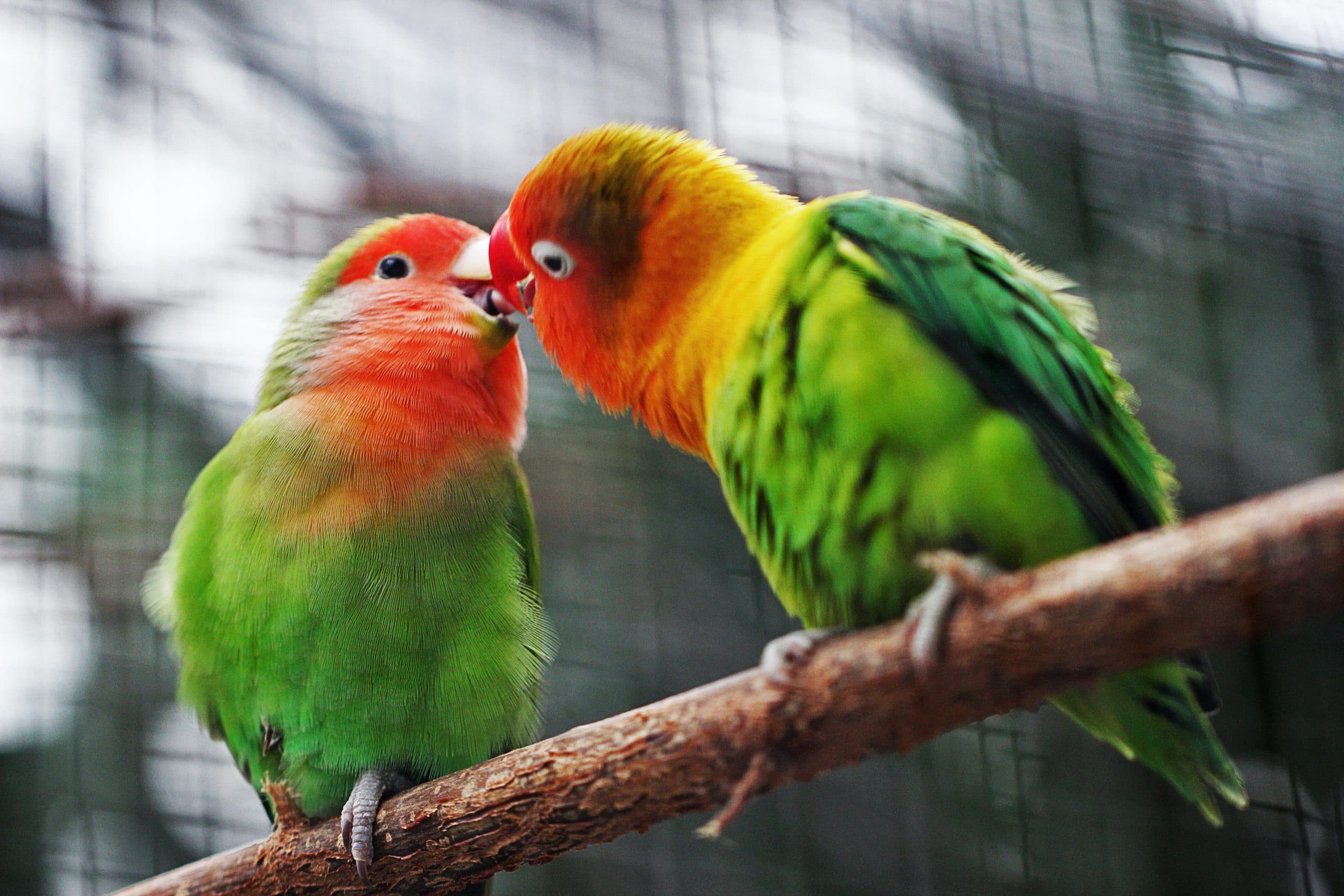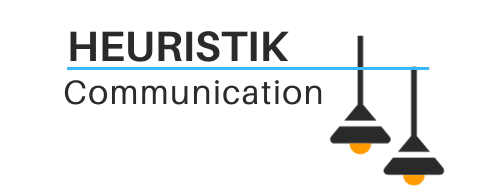
Why is my bird plucking its feathers?
Birds are often considered the pinnacle of pet ownership, with their vibrant colors and enchanting voices. Among these winged companions, parrots are particularly favored for their intelligence and sociability. A healthy parrot boasts an immaculate plumage, a clear sign of its wellness. However, certain behaviors may raise a red flag for parrot owners, and one of the most common is feather plucking. This fascinating behavior, while initially intriguing, can quickly become a source of concern.
Understanding Feather Plucking in Birds
Feather plucking, also known as feather picking, is a behavior observed in various avian species. This phenomenon involves the bird pulling out its feathers, leading to partial or complete baldness in certain areas. While it may seem unusual, understanding this behavior is vital for ensuring your pet’s health and wellness.
A lire en complément : How to teach your dog to play fetch?
This behavior can be a natural occurrence in birds, part of their grooming or preening process. Birds will often pluck old or damaged feathers to make room for new growth. However, excessive feather plucking, where the bird is causing visible damage to its own feathers or skin, is a cause for concern.
Feather plucking can indicate a variety of issues, from physical health problems to psychological stress. It’s crucial to pay attention to this behavior and seek help from a vet if it becomes excessive.
A lire également : How to deal with aggression in small pets like hamsters?
Physical Health Problems and Feather Plucking
Your bird’s feather-plucking behavior might indicate a physical health problem. Birds often use their feathers as a form of self-expression. A change in their feather’s health or their plucking behavior is often a clear sign that something isn’t right.
Physical health problems that may lead to feather plucking include skin conditions, parasites, nutritional deficiencies, and chronic diseases. For example, if your bird has a skin irritation, they may pluck their feathers in an attempt to alleviate the discomfort. Similarly, parasites can cause severe itching, encouraging the bird to pluck their feathers.
If you notice that your bird is plucking its feathers excessively, it’s essential to consult with an avian vet. A thorough examination will help identify any underlying health issues and provide appropriate treatment.
Environmental Stress and Feather Plucking
Birds, especially parrots, are highly sensitive creatures that can easily be affected by their environment. Conditions such as overcrowding, loud noise, lack of stimulation, or a change in routine can lead to stress in birds. This psychological stress can then present itself physically through behaviors such as feather plucking.
An essential aspect of bird wellness is ensuring that their environment caters to their needs. This involves providing them with enough space to move around, maintaining a consistent routine, and ensuring regular stimulation through toys or interaction.
Remember that birds are social creatures. They thrive on interaction and mental stimulation. A bored or lonely bird may resort to feather plucking as a form of self-soothing. If your bird is showing signs of stress through feather plucking, consider making changes to their environment or routine to help alleviate their stress.
The Role of Diet in Feather Health
A bird’s diet plays a vital role in maintaining its overall health, including the health of its feathers. A balanced diet ensures that the bird receives all the necessary nutrients for healthy feather growth. Any deficiencies can lead to problems such as dull feathers, slow feather growth, or feather plucking.
Nutritional deficiencies often result from a diet that is too reliant on a single type of food, such as seeds. While seeds can be a part of a bird’s diet, they shouldn’t be the only source of nutrition. Birds also require fruits, vegetables, and grains for a well-rounded diet.
Additionally, some birds may require dietary supplements to maintain optimal health. This is especially true for parrots who have specific dietary needs. Always consult with your vet before adding any supplements to your bird’s diet.
Intervention and Treatment for Feather Plucking
If your bird is plucking its feathers excessively and you’ve ruled out any physical health issues, it’s time to consider other interventions. This could include changes to the bird’s environment, diet, or behavior-related interventions.
Behavior-related interventions can be quite effective in curbing feather plucking. This may involve providing more toys for mental stimulation or spending more time interacting with the bird. If the bird is plucking out of boredom or loneliness, these interventions can make a big difference.
Remember, it’s always best to seek professional help if your bird’s feather plucking becomes a concern. An avian vet can provide valuable advice and guidance tailored to your bird’s specific needs. The key is to observe, react, and adapt to ensure the health and happiness of your avian companion.
Role of a Bird Behaviorist in Tackling Feather Plucking
A bird behaviorist can play a significant role in evaluating and guiding a solution for feather plucking issues. These professionals have a detailed understanding of bird behavior and can provide insights that may not be immediately obvious to bird owners or even vets.
To begin with, the bird behaviorist will conduct a thorough assessment of the bird’s current environment, routine, and behavior patterns. They will then analyze this information in conjunction with any medical information provided by an avian vet. This comprehensive evaluation will help pinpoint the exact causes of feather plucking, which could range from dietary deficiencies to environmental stress.
Once the root cause is found, the behaviorist will suggest an appropriate intervention strategy. This could involve changes in the bird’s environment, modifying the bird’s routine, or even one-on-one behavior consultations. The bird behaviorist will also guide the bird owner in implementing these changes to ensure that they are effective and sustainable.
In some cases, the use of bird calming tools can also be recommended by the bird behaviorist. Bird calming collections can include toys designed to provide mental stimulation, bird collars to prevent self-harming behaviors, and even calming music tailored for birds.
Remember, patience is key when dealing with feather plucking. It may take some time for the bird to adjust to the changes and for the feather-plucking behavior to decrease. A bird behaviorist is an invaluable resource during this process, providing ongoing support and advice to bird owners.
Conclusion: Ensuring Parrot Wellness and Preventing Feather Plucking
Feather plucking is a complex issue that can have a significant impact on your bird’s health and wellbeing. It’s essential to observe your bird closely and take note of any changes in their behavior. Remember that feather plucking in pet birds is not a behavior to be ignored. Instead, it’s a cry for help that needs immediate attention.
Upon noticing excessive feather picking, it’s essential to consult an avian vet. They can help rule out any physical health issues that could be causing this behavior. If the feather plucking is not linked to a physical health problem, a bird behaviorist can step in to assess and address any routine, diet, or environment-related issues.
Bird care is a comprehensive approach that involves not just catering to a bird’s physical health but also ensuring their psychological wellbeing. A comfortable environment, a balanced diet, and regular interaction are all crucial elements of this.
In conclusion, parrot wellness is about more than just avoiding sickness—it’s about creating an environment that allows your bird to thrive. Always be observant of your bird’s behavior, be proactive in seeking help, and be ready to make necessary changes. After all, a happy bird is a healthy bird, and a healthy bird is a joy to behold.
